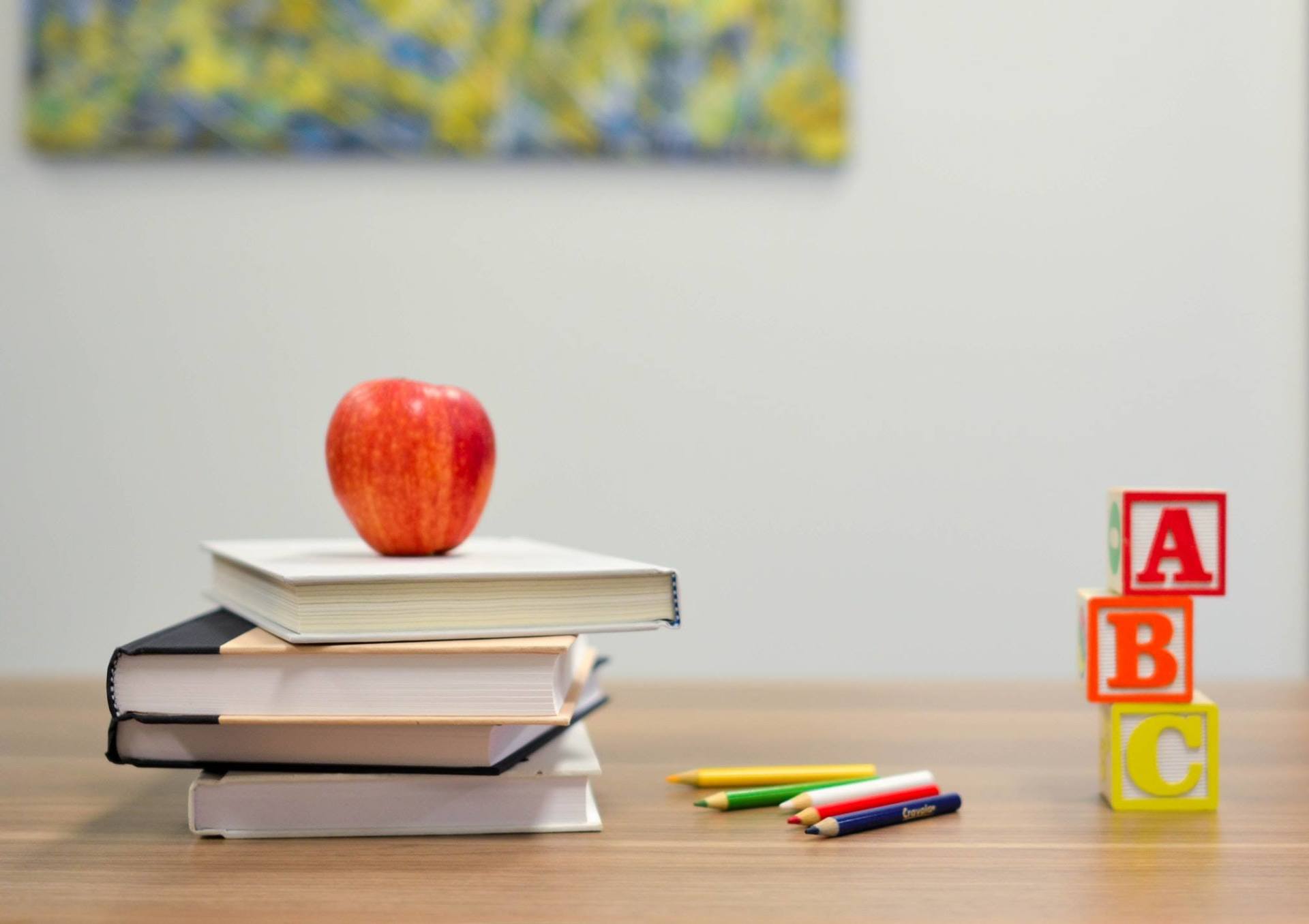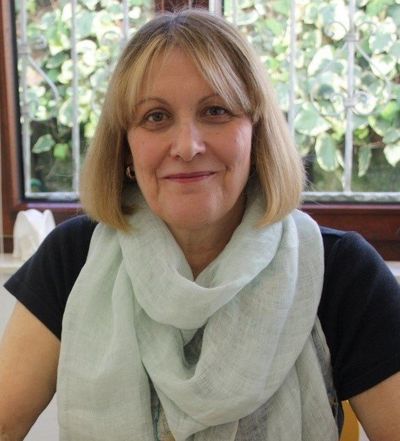Welcome to the English Practice
……..your English language school
Learning through experience
Early Learning
Our Playtime courses and Kids' Club provide the ideal environment to start learning English as a second language from an early age.
Teen Tuition
Whether you are a bilingual learner, struggling in school or preparing for your final exams, such as the EuroKom or the Abitur, our individual, group and on-line tuition is tailored to meet your needs.
We are continuously developing new and innovative methods and courses to maximize your learning potential. During the school holidays, we offer intensive courses, based on demand. In addition, we provide e-learning solutions to meet specific needs of all our clients. Our teaching activities are supported by various and exciting annual events, including our annual seminar series. Keep checking in - and don't miss out!
Language Learning in Karlsruhe
The English Practice is led by Carol Jones, a qualified teacher and native English speaker. Carol trained at Manchester University and is a specialist in Child Education and Development. We offer a family approach to learning a new language, our success having been built on sound educational principles, together with real life experience! We offer a relaxed learning environment
with teachers who really care!
We believe in the importance of not only learning a language, but living it. Our teachers are native English speakers or truly bilingual. Whenever possible we invite visitors from England to join in our lessons, so that our students benefit from a broader and richer learning experience.
Upcoming Events
No events currently planned due to the Corona virus issue.
Carol Jones (B.Sc., MA.Ed.)Educational TherapistSpecial Educational Needs expertCertified Neurofeedback TrainerJIAS providerFasforWord practitioner
"We recognize that each person is unique and that learning must be relevant and challenging. Through their own expertise and experience, our team members focus on developing individual learning strategies and motivating their students to maximise potential and develop excellence. Our tailor-made solutions are based on up-to-date research and technology in the area of neuroscience and education."
Strong foundations and a language for life
A good foundation is as vital when learning a new language as when building a house. If you want a house to be built to last, you must set the foundations firmly and use the right type of mortar to join the basic building blocks. If you do not, the chances are that it will fall apart after a very short time! Children of all abilities are open to language learning if it is taught in a structured and meaningful way and without stress.
There is a great responsibility placed on schools and teachers when a second language is started in the early years. The way in which language is taught and the security a child feels within the learning situation directly influences the foundation that child has for building upon in later life.
A guiding principle at the English Practice is that learning a language early in life must be based on sound paedagogic principles and must be fun – our courses include experiential learning through interactive play, music and art.
Most language learning in schools is based on the grammar-translation method. However, it is clear from research and personal experiences that these methods alone, without the opportunity for the learners to take part in meaningful, interactive situations, leave many learners unable to participate in ordinary conversation.
Research supports what multilingual families in a multilingual environment know very well - children benefit greatly from meaningful communicative interaction.
Our early learning classes are based on the idea that the earlier a child is exposed to a second language, the more likely it is to accept it as normal. Our experience underscores the fact that the starting age is not as vital as the method by which the language is taught. In the primary years, the most important factor is harnessing and using the enthusiasm and energy that the children bring to the lessons. They are open to learning – they want to learn English. During our lessons, my team and I find that we also learn a lot from the children. It is a shared learning experience and we all profit from the children’s diversity.
We never grade a child on his/her ability in English in our hobby classes – they are encouraged and rewarded for effort. We strongly believe that this encouragement in the early years leads to much more success in their later school lives, rather than turning them away from a language by labeling them as failures in their primary years. Indeed, being allowed to make mistakes can enhance the learning experience.
When children participate in our English classes with smiles on their faces, we know that we are achieving a great deal. We do not base our success on how many children ask and answer faultlessly; we do not judge the best students by their ability with the spoken word alone. We measure our own personal teaching success by the fact that all the children leave the room happily, knowing that they have really achieved something for themselves. This real sense of self-esteem will lead to greater success in both language and general development.
Contact Us
Do you have a question? We are here for you. Send us a message and we will get back to you.
07243 532 775
Address
The English Practice - Carol JonesBusenbacher Str. 19, 76337 Waldbronn
Phone: 07243 532 775E-Mail: carollesleyjones@aol.comWeb: www.englishpractice.de
The English Practice - Carol Jones
Busenbacher Str. 19,
76337 Waldbronn
Phone: 07243 532 775
E-Mail: carollesleyjones@aol.com
Web: www.englishpractice.de
Opening Hours
Mon: 08:00 - 20:00 Uhr
Tue: 08:00 - 20:00 Uhr
Wed: 08:00 - 20:00 Uhr
Thu: 08:00 - 20:00 Uhr
Fri: 08:00 - 20:00 Uhr
Sat: 08:00 - 14:00
Sun: Closed






